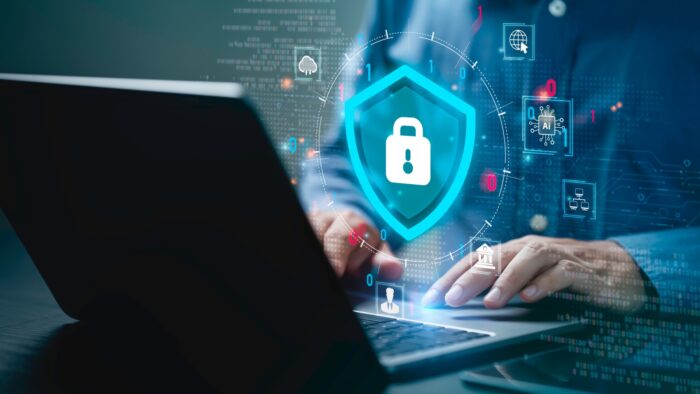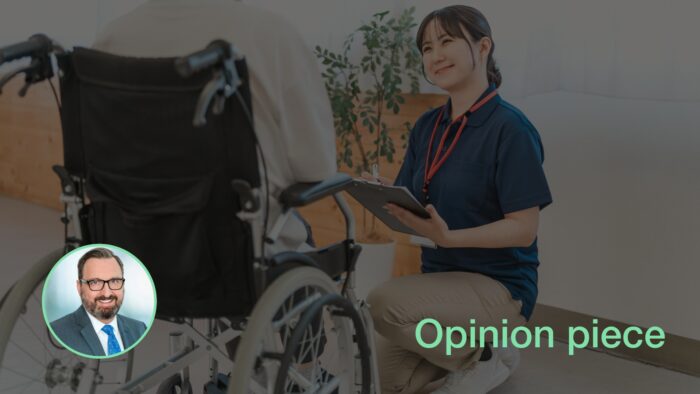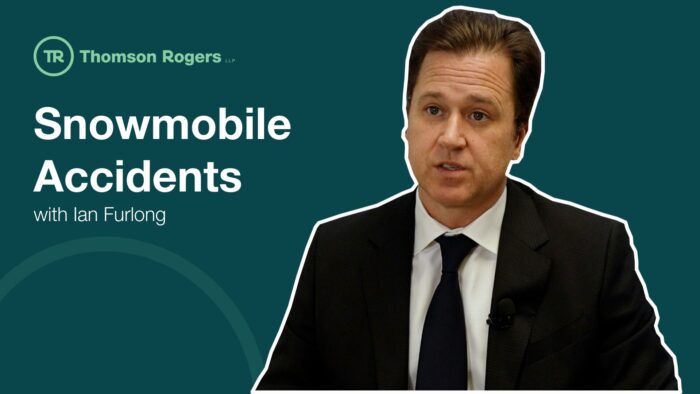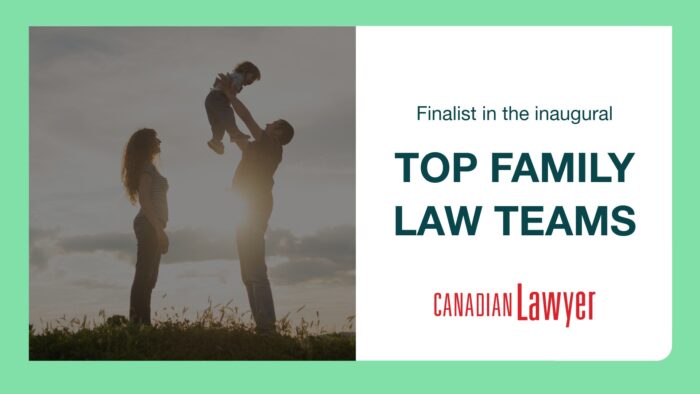5 Tips to Being a Great Expert Witness
Author(s): Deanna S. Gilbert, Sloan H. Mandel
October 24, 2014
The importance of expert testimony in the successful prosecution of a personal injury case cannot be understated; however, the role of the expert is not to be a soldier for one party or the other. The role of the expert is to provide a fair, objective, and non-partisan opinion to assist the Court. The “battle”, if any, is to be fought by counsel.
PRELIMINARY NOTE: CONFINES OF THIS PAPER
It should be noted from the outset that this paper will not address the issue of who is to be considered an “expert” for purposes of giving opinion evidence, what type of expert must
strictly comply with Rule 53.03 of the Rules of Civil Procedure1, or whether it is appropriate for counsel to review draft reports.
At the time of publication, these issues are the subject matter of conflicting judicial authority2. Specifically, the recent decision of the Honourable Mme. Justice Janet Wilson in Moore v. Getahun3 has become the source of some controversy and will be addressed by other authors/speakers at this conference. Accordingly, for the balance of this paper, it will be assumed that we are dealing with independent medical-legal experts retained by the parties.
View PDF of paper: Five Tips to Being a Great Expert Witness
View PowerPoint of presentation.
Share this





